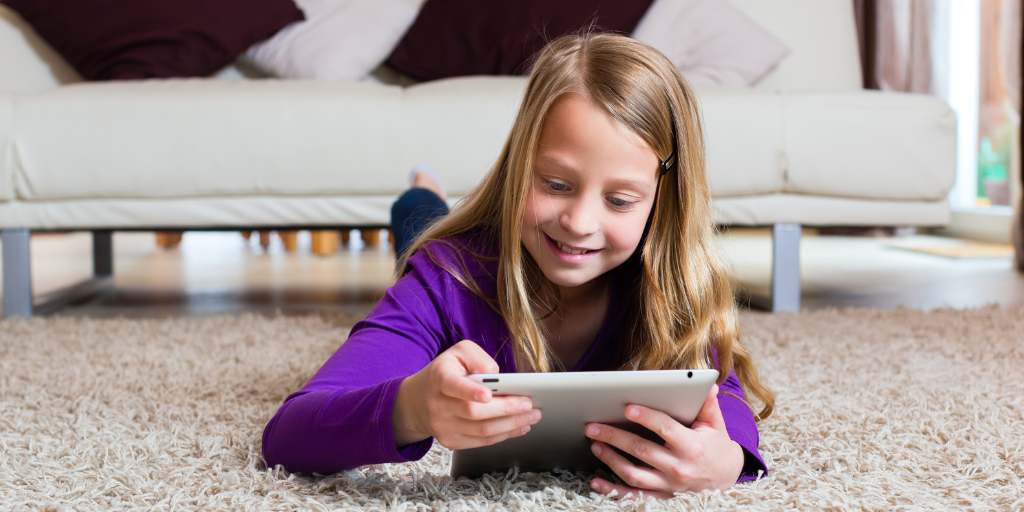
Welcome to Parent Pixels, a parenting newsletter filled with practical advice, news, and resources to support you and your kids in the digital age. This week:
It’s a familiar scene of modern parenting: your child is upset, you’re already stressed, and you need just two minutes of peace — so you hand them a phone or tablet as a distraction. While this might provide a quick fix, new research suggests it could lead to long-term issues with their ability to control their emotions.
A new study found that when parents frequently use digital devices to calm their children, it can result in more severe issues with emotional regulation down the line. This creates a vicious cycle: parents with kids who have difficulty managing anger are more likely to use digital devices to cope with their children's emotional outbursts. The child learns to rely on their digital device, instead of learning how to soothe themselves on their own.
“Tantrums cannot be cured by digital devices,” said Dr. Veronika Konok, the study’s first author and a researcher at Eötvös Loránd University. “Children have to learn how to manage their negative emotions for themselves. They need the help of their parents during this learning process, not the help of a digital device.”
We get it: sometimes, you need a time-out. But this research highlights the importance of fostering healthier digital habits and emotional skills in kids, instead of always relying on an iPad.
This study focused on younger children, but what’s interesting is that a similar trend exists among teens. A recent Rutgers University-New Brunswick study found that teens are intentionally creating roadblocks in their social media use to remind them to take a break or stop scrolling altogether.
For example, older teens reported using reminder apps and calendar notifications to resist the temptation to scroll social media for hours, especially when they’re feeling bored or have nothing else to do. Older kids are aware that social media apps are designed to keep them hooked for hours, but younger children may not have this same level of self-awareness.
Some takeaways:
🤝 Parents should coach their children through difficult situations, help them recognize their emotions, and teach them how to handle them. When kids are bored, suggest screen-free activities before they reach for their devices.
😌 Children learn from observing their parents, so parents need to show their kids how to manage stress without immediately turning to screens.
📵 If children are having a hard time managing their screen time, that’s a sign that they’re emotionally dependent on media in an unhealthy way. Set screen time limits and plan on ways to help your child transition away from devices when their screen time is up.
Parent Pixels is a biweekly newsletter filled with practical advice, news, and resources to support you and your kids in the digital age. Want this newsletter delivered to your inbox a day early? Subscribe here.
We know that setting healthy screen limits is in our children’s best interest. But the pushback we face when we try to set or enforce those limits can weaken the resolve of even the most determined among us. Here’s how to handle screen time tantrums.
Parental control apps can help keep your child safe, but only if they work. These popular apps are really easy for your child to delete and defeat. Find out where they fail and what we recommend instead.
Ah, screen time tantrums. When screen time is over, does your child roll their eyes at you, or do they flail on the ground like a fish out of water? Here are some ways to talk to your child about the way they feel with screens.
🦺 Just as “it takes a village to raise a child,” safeguarding children online requires a collective effort from parents, governments, law enforcement, and tech executives. Read more from John Tanagho, Executive Director of International Justice Mission’s Center to End Online Sexual Exploitation of Children, via Fast Company.
📱 All Virginia public schools are going phone-free as of January 1, 2025. What are your thoughts about phone-free schools?
🐤 Did you know? BrightCanary text message monitoring now summarizes your child’s text threads and highlights concerning content. Take a look at the latest version of the app and let us know what you think.